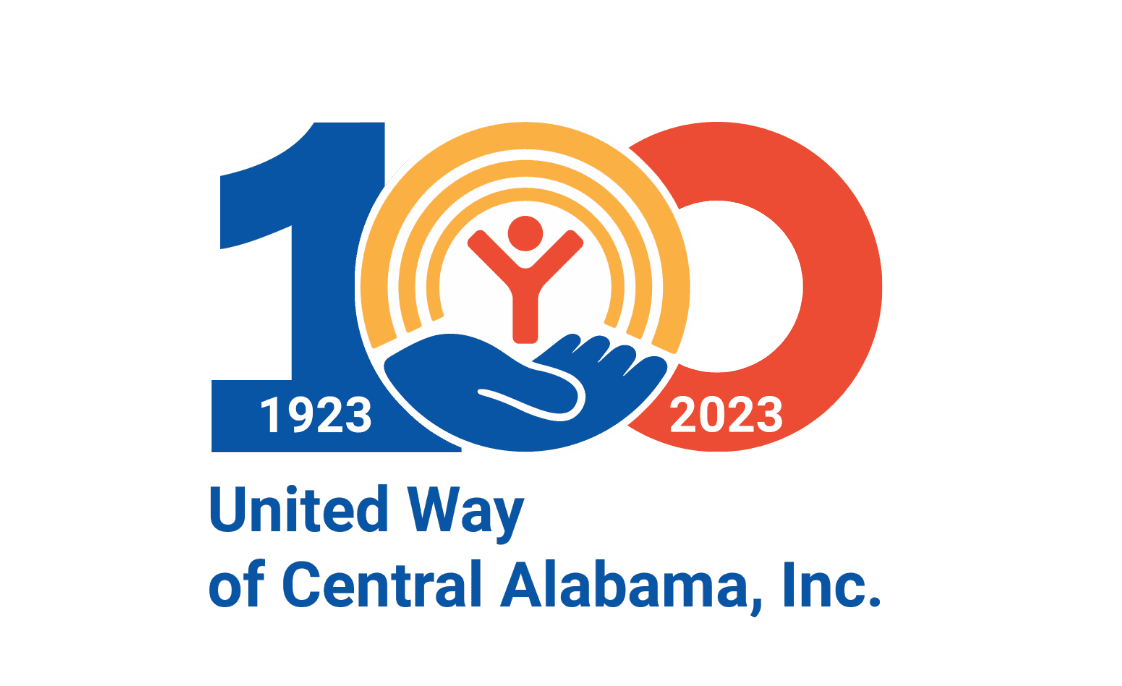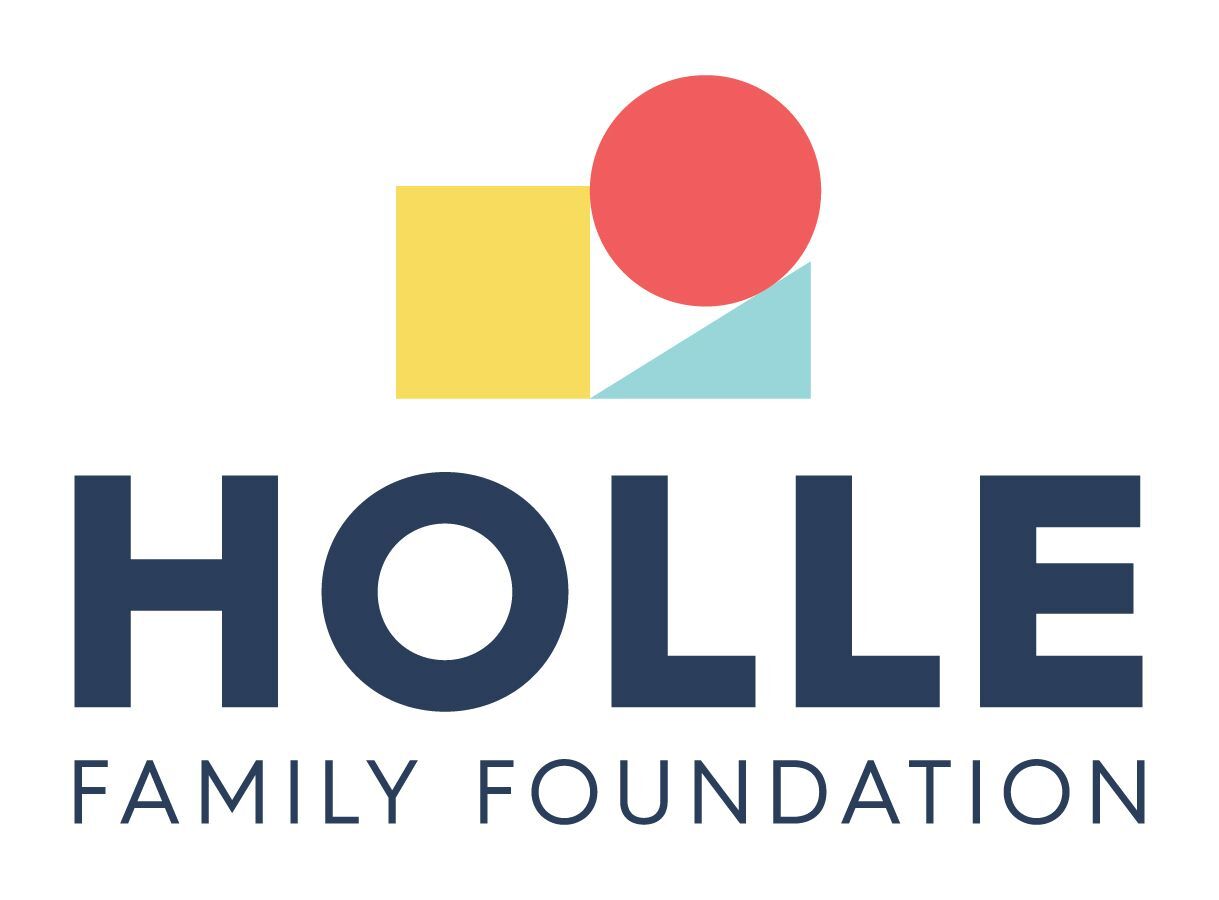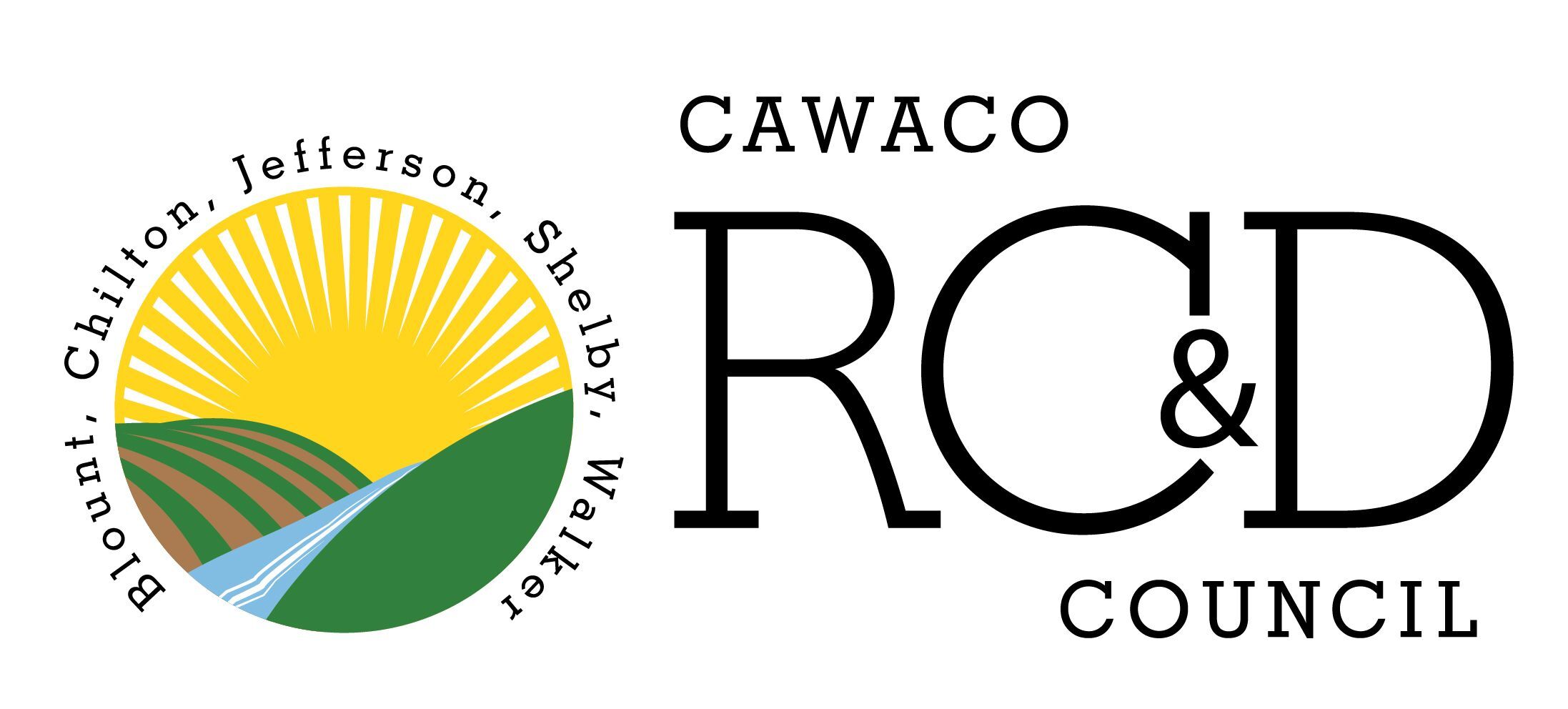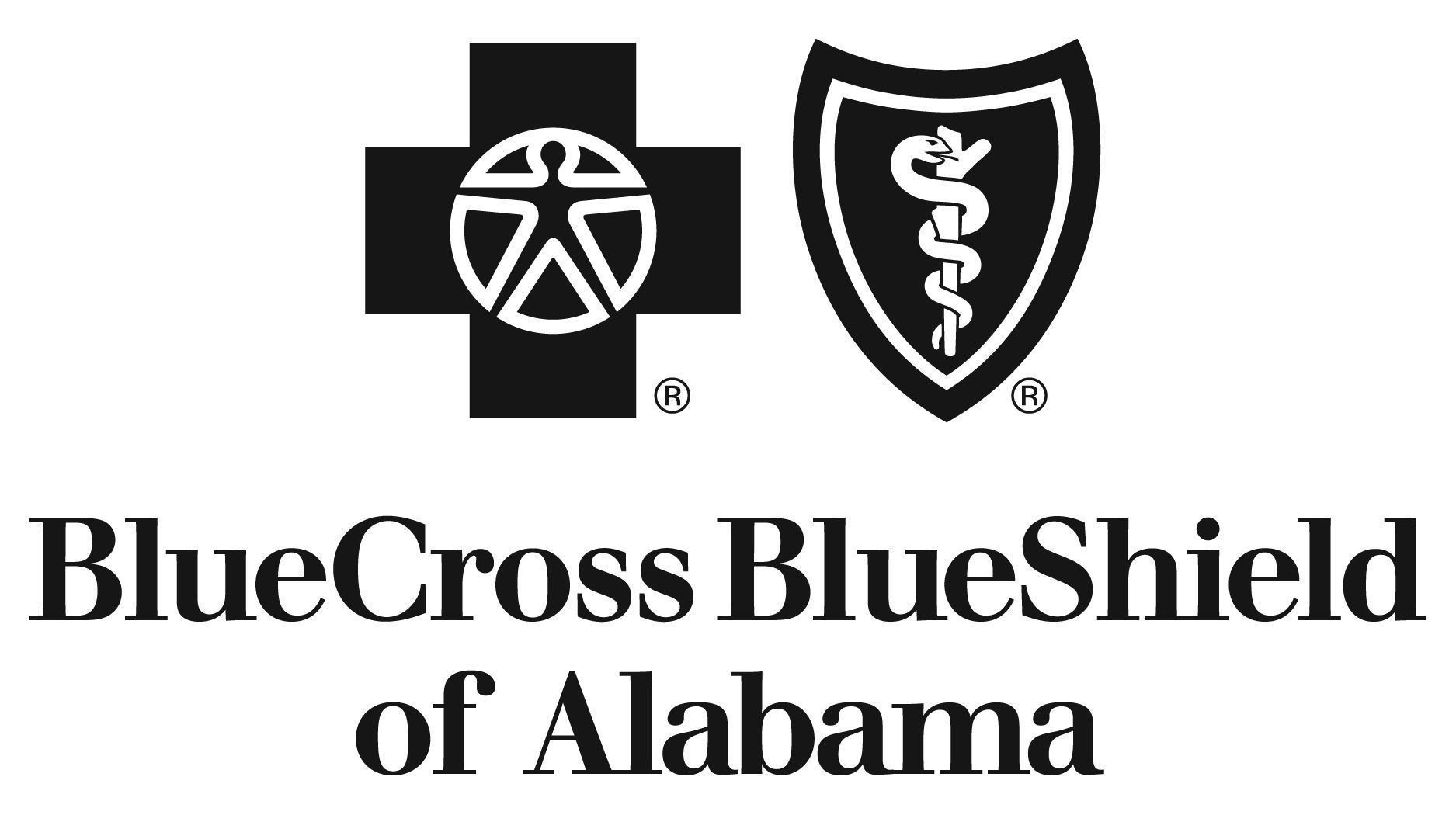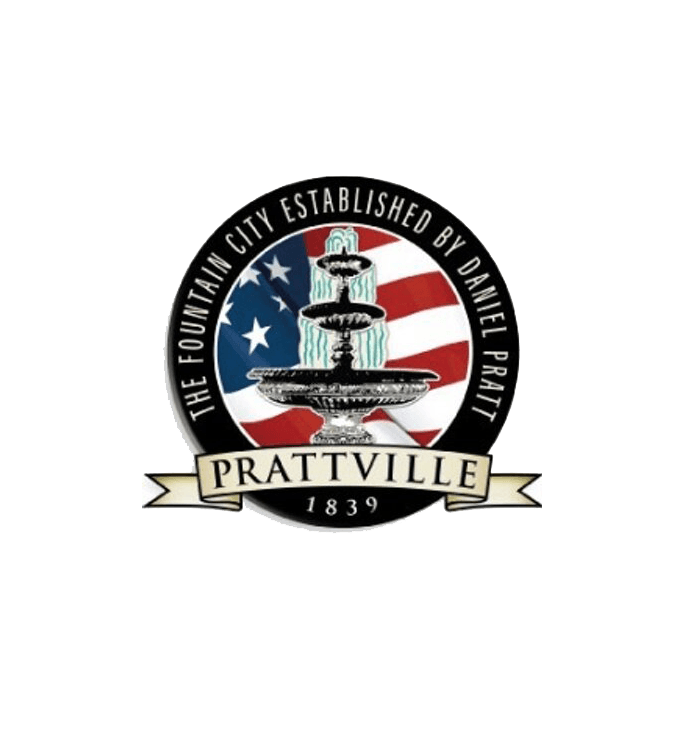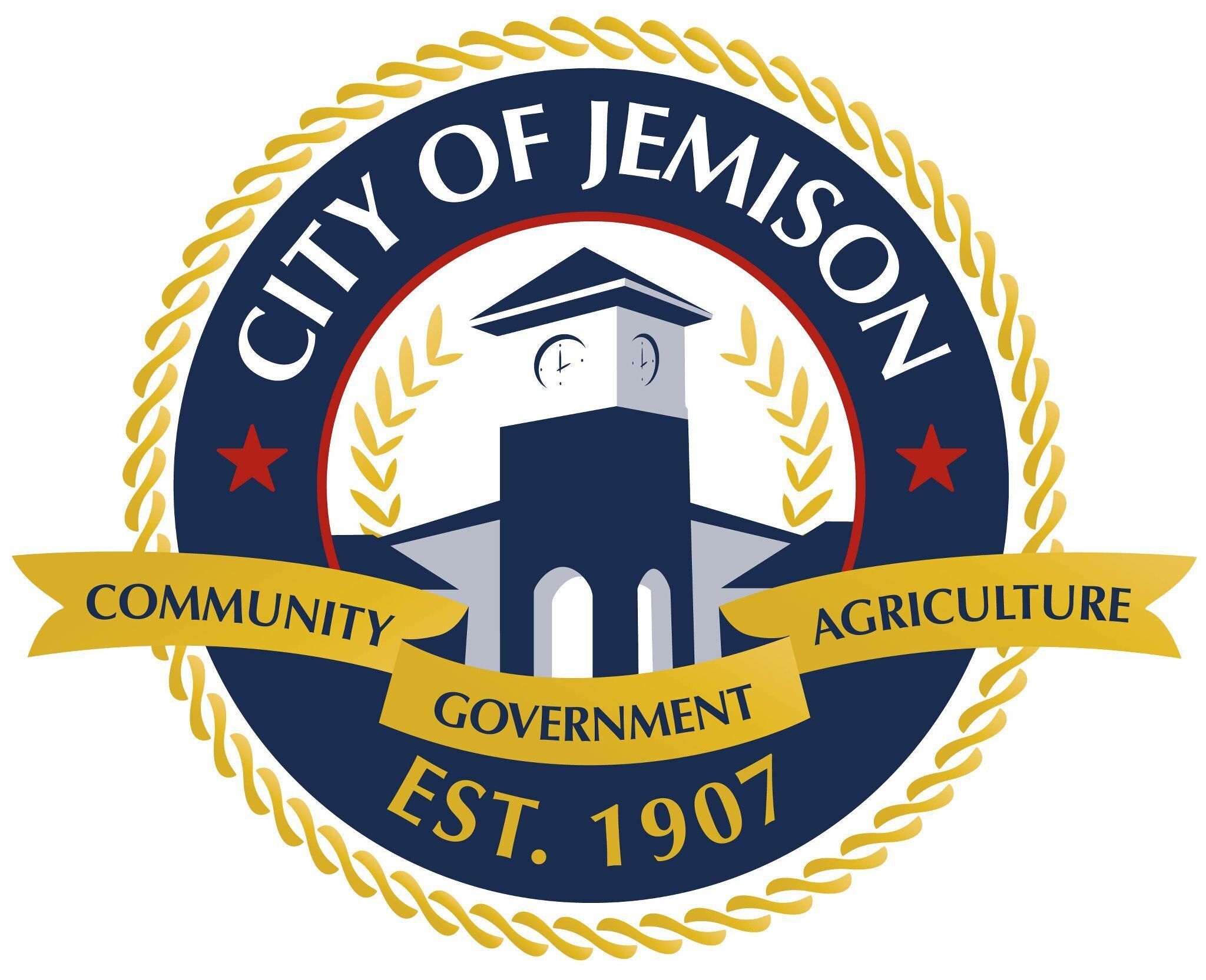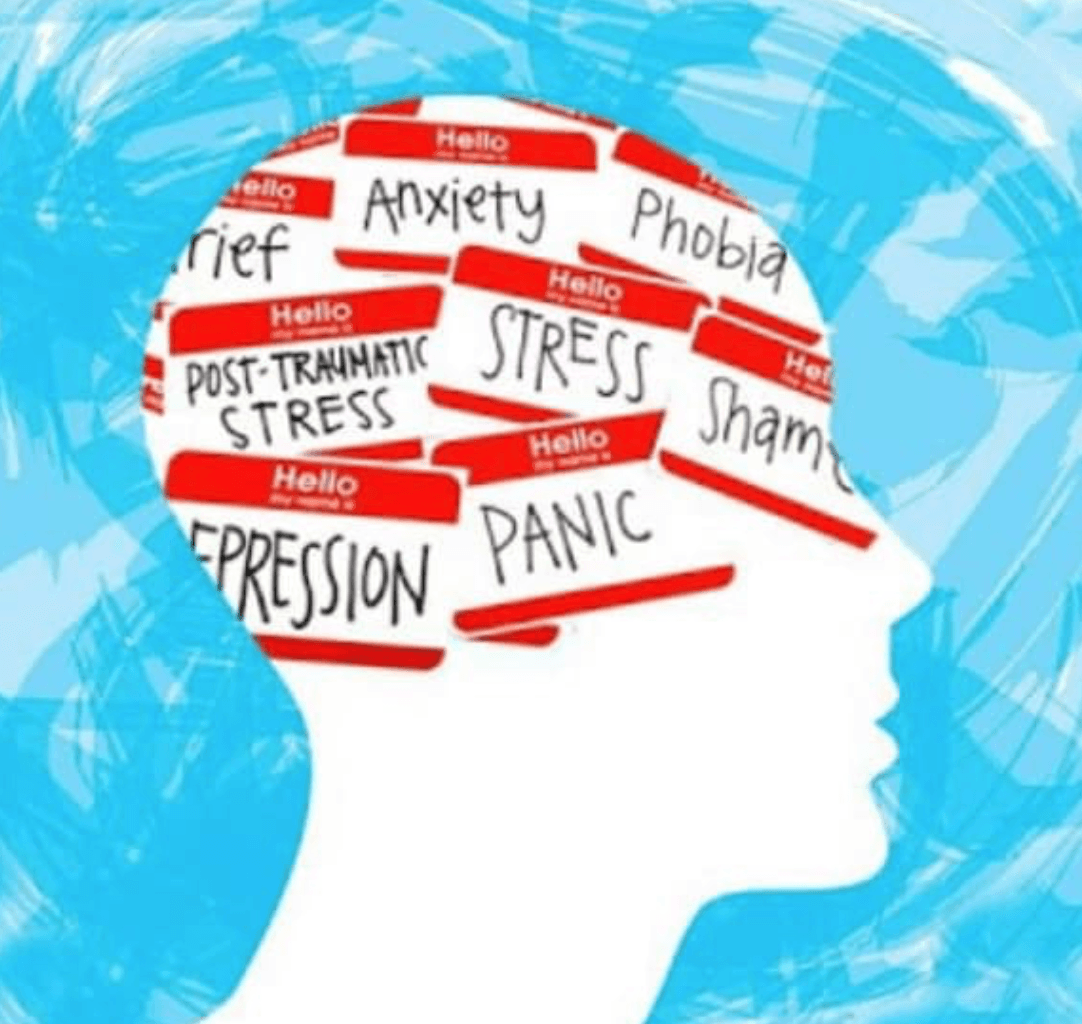
You can call me…Trauma Mama
The majority of my thoughts, and the majority of my work involves trauma. I have spent much of my post graduate training in understanding and working with traumatized kids, and then, I decided to bring traumatized kids into our home and introduce some trauma to my own family. I don’t get to turn any of this off. Ever. It’s my 24/7/365 days a year job, and while I thought I might be untouchable when it comes to secondary and vicarious trauma, it turns out I am touchable. We. Are. Spent.
But I would rather focus on the trauma foster kids experience and what they bring to the home when they walk through the front door.
Trauma behaviors are unpredictable at times, and each kid is entirely different from another. They can be easily triggered. They can have an inability to focus. They can have physical body aches or illnesses. They can have anxiety. They can have depression. They can have angry outbursts. You name it, and trauma can produce it in an individual. I had a client tell me in detail about the sexual abuse she had experienced from a parent, but her trauma didn’t stem from that event. She said that the worst and scariest day of her life was the day she was put in foster care. I was blown away. While we want to provide safety and peace, we are unfortunately a part of the trauma. However, we can work to create new neural pathways by allowing children to see and experience safety and consistency over time. As we allow them to heal in their own way and in their own time, trauma behaviors can decrease and some eventually even go away completely. Unfortunately parenting the traumatized kid can be extremely frustrating and extremely lonely. I find myself being very candid with anyone who asks how we’re doing because I need the community. I need the prayer. I need the support. Parenting a hurt kid can really hurt.
Even babies separated from their mothers at birth can exhibit signs of trauma. Their literal attachment to the mother in the womb is severed and it can impact the brain and development. The good news is that foster kids can attach and can heal, but it takes time, effort, understanding, and consistency. It’s not a lack of discipline. It’s not a lack of gratitude. It’s survival. It’s self-preservation. Empathy can take us a long way with these kids and remind us of what they have been through.
You don’t have to be a trauma expert to be a good foster parent, but you do need to become an expert on THAT kid’s trauma. And when it gets tough and you feel stuck, you can reach out to professionals, ask social workers for referrals, read helpful trauma-informed books, and ask other foster parents about their experiences. Just like we don’t want kids to be left alone in their trauma, no foster parent should be left alone in theirs.


















